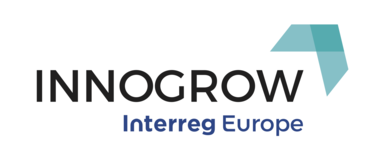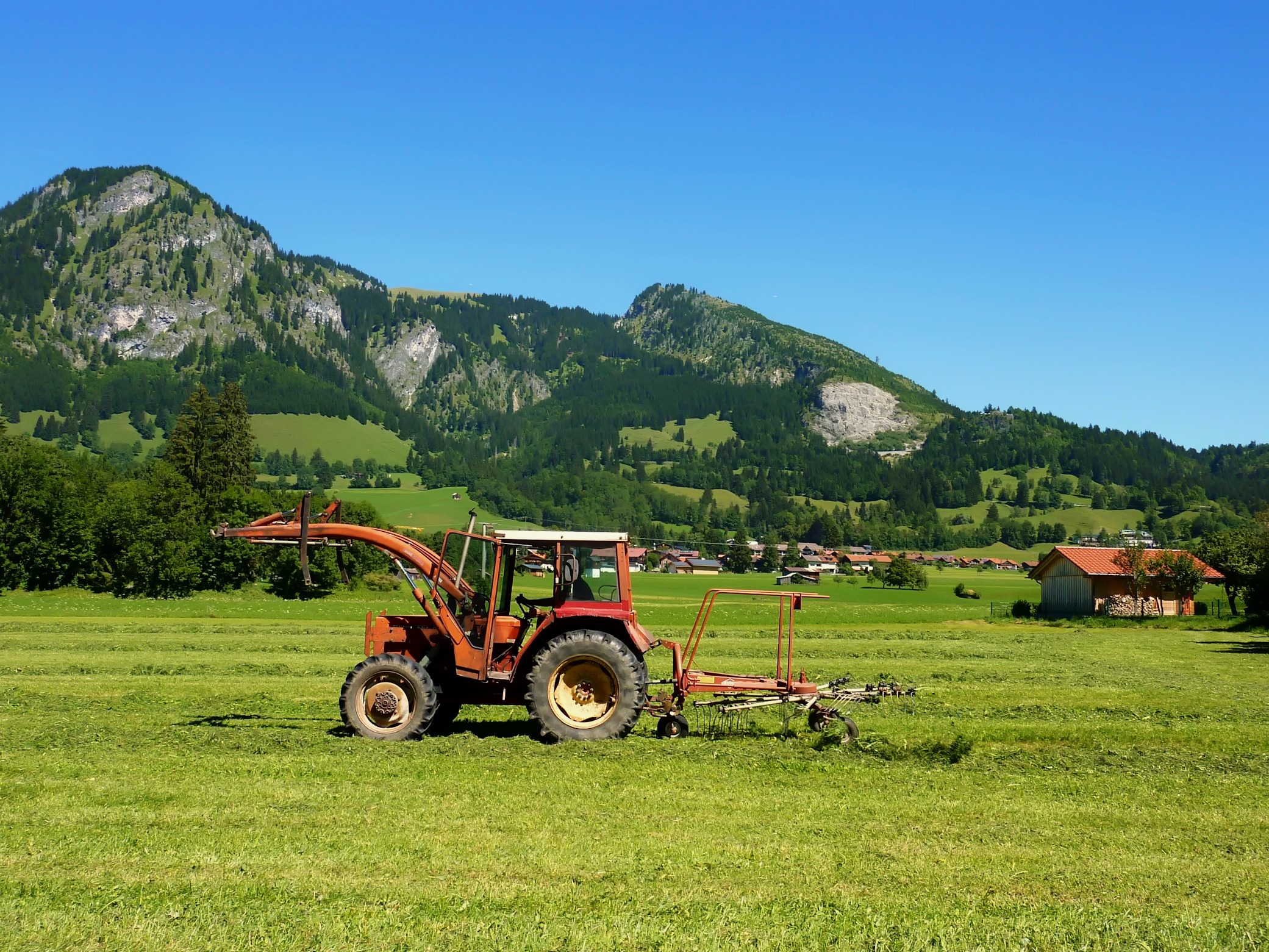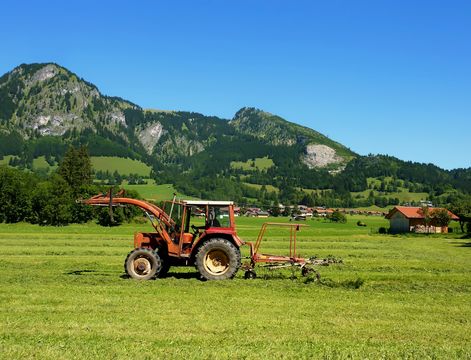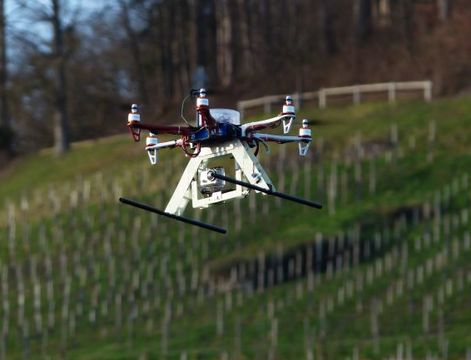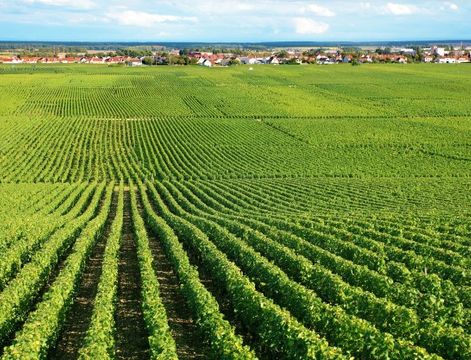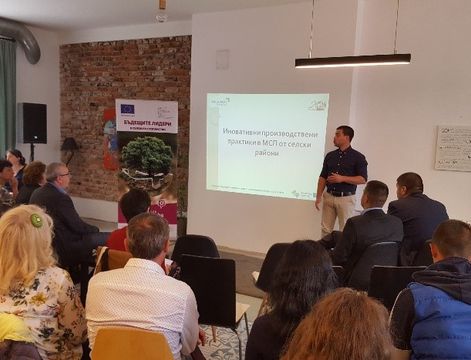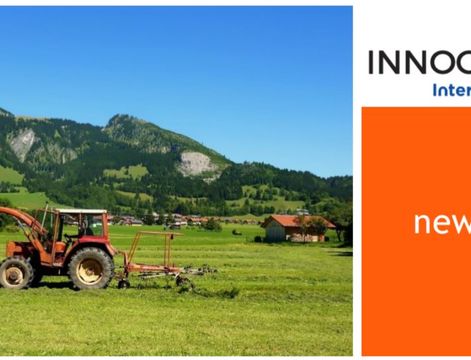Tendencies to improve the competitiveness of rural enterprises in Latvia
This is the first part of the conclusions from the 3rd INNOGROW stakeholder meeting in Jelgava on the 25th of September 2017, held by the Zemgale Planning Region to discuss tendencies to improve the competitiveness of rural enterprises, inviting the rural stakeholders from public and private sector.

During the meeting with experts from different sectors, the INNOGROW project’s stakeholder group discussed options for improving the competitiveness of rural enterprises, increasing exports and promoting new business models.
In the introductory part of the meeting, ZPR's project manager Artūrs Penčura, who is implementing the INNOGROW project in Latvia, had informed the audience about the experience exchange tour in Italy: "Lombardy is the most innovative region in Italy, with more than 20% of new “startups” in the country being established here, in the last ten years 19,000 patents were registered, the research and innovation turnover is € 8bn.". As a good example, Penčura mentioned last year's law on innovation support, which allowed projects to raise € 40m investments.
The experts also discussed the green economy, which aims to reduce environmental risks and promote sustainable development. The circular economy provides for the longest possible use of the value of products and materials, with emphasis on non-polluting or reusable materials.
"We looked at two great examples of the development of the Lombardy region's rural entrepreneurship, the PTP Scientific Park and the Consortium of the Premána Valley" says Artūrs Penčura. The first one employs 50 scientists working on innovations in agriculture and life sciences, including bio-economy and biomedical industry. According to the project manager’s information, the research park helped set up 49 companies and attracted 99 million euros for local rural SMEs. "An outstanding example that adapted innovation and introduced the basic principles of the circular economy is “Mogu”, which manufactures composite materials from the mycelium (chemical substance which is extracted from mushrooms) and agricultural production residues, offering to replace plastics," explains Penčura, adding that flower pots produced from this material decompose in the soil and serves as fertilizer. In contrast, the Premana mountain valley is home for 2,500 people that has an industrial consortium, whose main product is scissors and knives for professionals: "The Premax company has brought innovation, which is considered to be the industry's most important performance over the last 100 years - a scissors screw replaced with a swivel, an aluminum bearing and the Teflon ring - allowing the consortium to become leaders on a global scale."
Linda Grīnfelde, Head of the Customer Service Department of the Latvian Investment and Development Agency (LIAA), also spoke about opportunities for entrepreneurs at the project meeting. She informed the meeting participants about business incubators, commercialization of scientists' ideas, and support for the development of products or technologies and other areas.
"LIAA Business Incubators offer various consultations and services necessary for young entrepreneurs, and incubators welcoming new members once every three months," says L. Grinfeld. Also, in the near future, a second call for a scholarly program of commercialization is expected, in which it is possible to receive funding of up to 300,000 euros, but since February, LIAA supports the development of new products and technologies: "A relatively new service is the "technology scouts" which is operating in the major universities of the country and acting as mediators between scientists and entrepreneurs, enabling them to better develop new and innovative products.
The 85% INNOGROW project is co-funded by the European Union's Interreg Europe program. The total budget of the project is 1 574 322 EUR, the ZPR's budget is 129 960 EUR (including the ERDF: 110 466 EUR).
Aigars Ievins
Zemgale Planning Region
Public Relations Specialist
